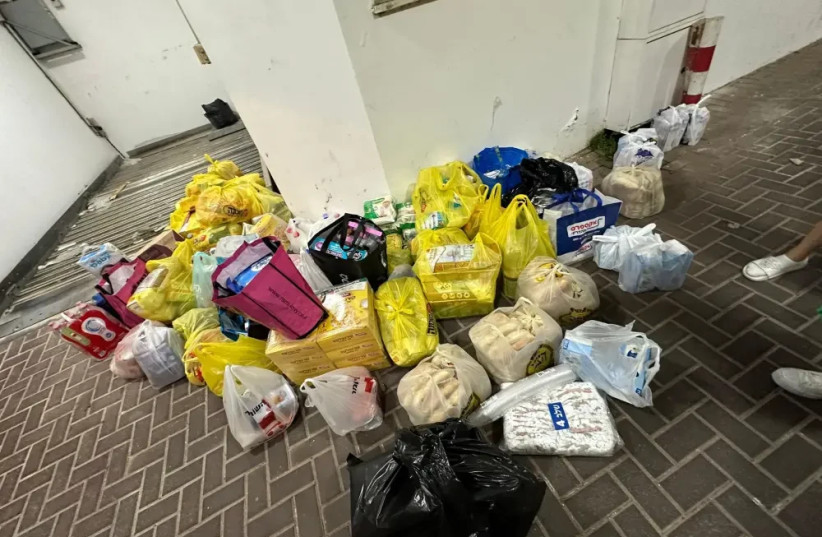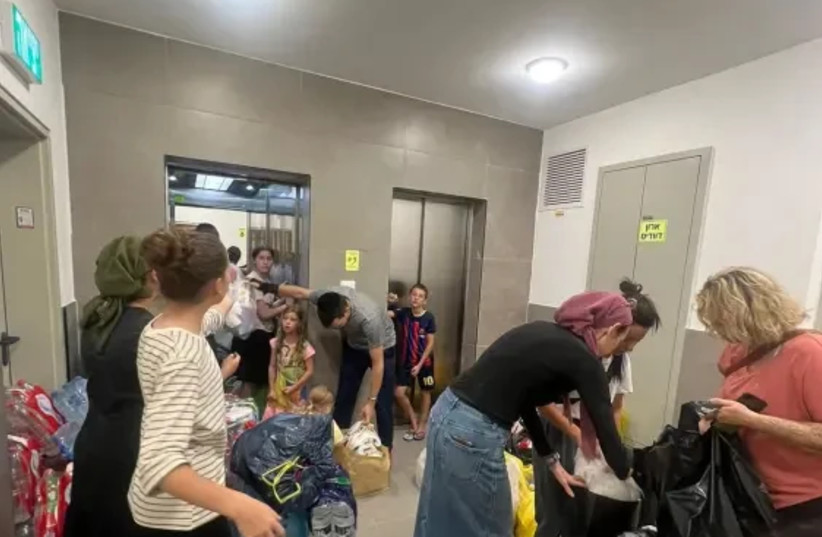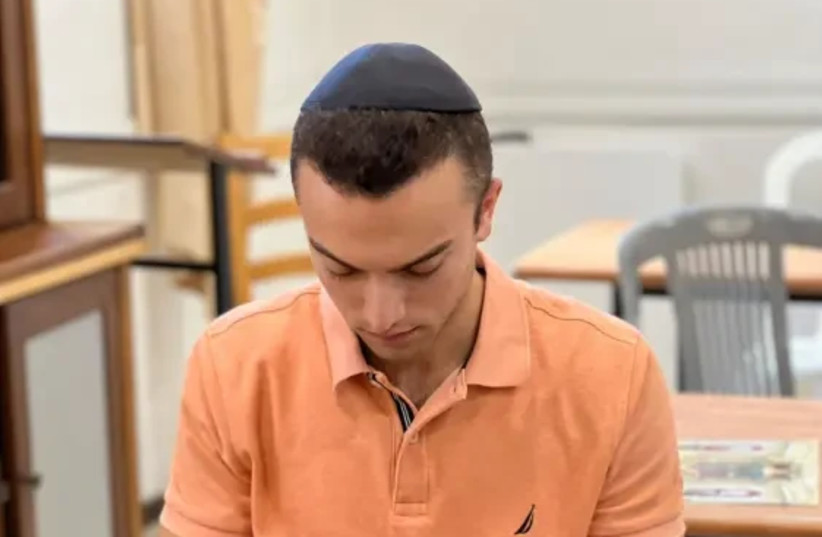Since the beginning of the horrific attacks against Israel on October 7, the haredi (ultra-Orthodox) sector has prioritized supporting the war efforts.
Israel had found itself profoundly divided in the past few years, especially in the few months before the war started. The fact that haredi men are exempted from serving in the army has been generally considered one of the reasons for deepening the rift between different communities in the country.
However, since Operation Swords of Iron began, the narrative has shifted. Videos and photos circulating on social networks now showcase haredi and women actively raising donations of money, food, and other supplies for soldiers. Many participate in volunteer efforts to assist residents of the border communities who have lost their homes. In addition, an unprecedented number of haredi individuals have applied to join the IDF for the war, while others exempt from reserves have requested to serve voluntarily.
The haredi community has a long tradition of volunteering, but their recent involvement has been particularly prominent and widespread.
Tzipi Velas, a haredi hasidic woman from Bnei Brak and the director of "Harmonia" (a pregnancy and birth center), emphasized that the ultra-Orthodox have always been willing to give.

“The haredi people are not volunteering now because someone came and said they don't do anything, but because they know how to give in any situation and at any time, and this is an important value,” she said.
Velas dismissed the notion that they were not committed to their country.
“I fear that when we come out of this trauma, people will go back to perceive us, the ultra-Orthodox, as those who do not give,” she said. “We have such a hard time with this stigma. Many people paint the haredim, like the Arabs, as freebies who don't join the army, but I run a business and work very hard for my money. I pay taxes like everyone else.”

“My haredi father fought as a combat soldier in the Six Day War and the Yom Kippur War,” she pointed out. “People will come and say that the haredi children do not join the army, but I have seven children and close to 27 grandchildren and I can tell you that in my view, I contribute more to the country than secular people because a secular mother may send one or two children to the army - but all my children volunteer for the community.”
Velas highlighted that one of her children is volunteering for ZAKA and working on recovering bodies and human remains from the scene of the attacks.
“We are also collecting millions of shekel for the soldiers and the residents of the South,” she said.

Gili Levinstein, a public relations professional who recently moved from Bnei Brak to Ramat Gan, also shared her experience of providing relief to families who fled their homes. She initiated donations of money and supplies, responding to requests for essential items such as pocket knives, knee pads, and underwear.
“Last week, I could not even go to sleep in light of the amount of phone calls from people asking for help that I received,” she said.
Levinstein also emphasized the need for unity among all Jews, regardless of religious or secular beliefs, especially during times of crisis.
Mindy Goloventzitz, living in Jerusalem, has been a dedicated volunteer for years, distributing food to a local hospital. When the war broke out, She and a group of women from her neighborhood decided to prepare and deliver meals to soldiers stationed at various bases. Their efforts included providing clothing and equipment as well. Goloventzitz emphasized that the haredi community often initiates voluntary organizations, showcasing their ongoing commitment.
A time to be united
Yishai Kalifa, a married student at a yeshiva in Beit Shemesh, recounted his experience of personally delivering food to soldiers and coordinating donations with his sister. He highlights the sacrifices made by soldiers and expresses his willingness to enlist if called upon. Kalifa emphasizes the unity that exists within the Jewish community, regardless of religious or secular affiliations.
“We are not just a people; we are a family, with all our differences of opinion,” he said. “If they asked me to enlist - I would immediately do it without hesitation. I would give my hand for our soldiers and for this war. This is the biggest disaster that has befallen us since the 1940s and we are all here as one body in the battle; it doesn't matter here if I am ultra-Orthodox and you are secular: We are all brothers."
